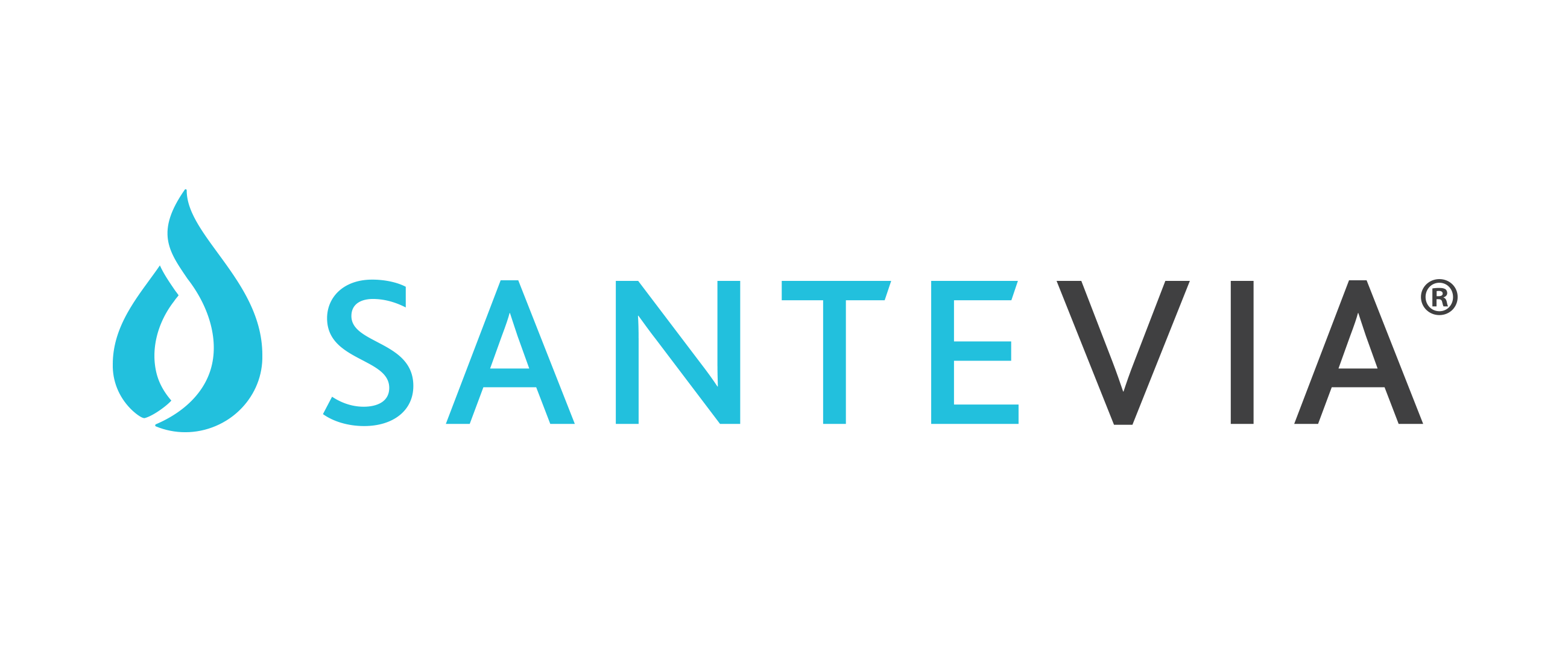Taste
Reverse Osmosis Water vs. Mineralized Alkaline Water

When buying a water filter for home many people ask what the difference is between a reverse osmosis (RO) water filtration system versus a mineralized alkaline water filter. This article outlines the key differences between these two water filtration systems so you can decide which is the best water filter for you. Read ahead and you’ll learn:
- How a reverse osmosis water filtration system works
- How a mineralized alkaline water filtration system works
- How each system measures up in terms of filtration efficacy, mineralization, cost and sustainability
- Comparison chart between a reverse osmosis water filtration system and a mineralized alkaline water filtration system
Reverse Osmosis Water Filtration System
When you are looking for a house water filter one option is a RO water filtration system. Reverse osmosis is a water treatment process that removes contaminants from water by using pressure to force water molecules through a semipermeable membrane. During this process, the contaminants are filtered out and flushed away, leaving clean drinking water.
While RO systems provide you with clean water, the filtration process can be wasteful, unfortunately. Most RO systems discard a significant amount of wastewater down the drain due to the high content of total dissolved solids (TDS), which makes the water unsuitable for drinking. RO systems leave the water very clean removing more than 90 - 99.9% of all the TDS including minerals from the drinking water. While RO systems are highly effective at ridding your water of tap water contaminants, it also leaves your drinking water void of essential minerals.
The World Health Organization (WHO) states that consuming RO water for even a few months can create serious health side effects. The WHO investigated demineralized water and stated, “if demineralized water is ingested, the intestine has to add electrolytes to this water first, taking them from the body reserves. Since the body never eliminates fluid in the form of "pure" water but always together with salts, adequate intake of electrolytes must be ensured.
Ingestion of demineralized water leads to the dilution of the electrolytes dissolved in the body water. Inadequate body water redistribution between compartments may compromise the function of vital organs. Symptoms at the very beginning of this condition include tiredness, weakness and headache; more severe symptoms are muscular cramps and impaired heart rate.” WHO Health risks from drinking demineralized water.
The WHO concludes that long term use of demineralized water is detrimental to your health. While minerals from water are not the primary source of daily mineral intake, the need for the body to pull minerals from its reserves when drinking demineralized water, means that your body “may not be able to fully compensate for the absence of calcium and, in particular, magnesium, in drinking water” WHO Nutrients in Drinking Water.
While an RO system may be appealing due to its highly effective filtering capacity, its lack of minerals should have you considering other options.
Additionally, the average cost of an RO system is significant; the initial investment is between $150 - $1300 plus the cost of regular filter changes.
Mineralized Alkaline Water Filtration System
Another water filter to consider for your home is a mineralized alkaline water filtration system. You can find these systems in a water filter jug or a larger, family-sized, gravity water system. The mineralized alkaline water systems use gravity to filter your tap water.
The first stage of filtration takes out the bad stuff - the filter uses a mix of carbon and resin to remove harmful contaminants from your tap water. The second stage of filtration puts the good stuff back in - the filter utilizes bio-ceramic mineral balls to add essential minerals back into your water like calcium, magnesium and trace minerals. The minerals naturally alkalize the water leaving it approximately two points higher than the input water. The pH of the water is usually around 8.0-9.0 pH, depending on the source water.
The World Health Organization has conducted research about the need for nutrients in your drinking water. Most people are magnesium deficient and drinking water, everyday, with magnesium and calcium can benefit your health. The nutritious minerals leave the water tasting great, like it’s from a fresh mountain stream and unlike RO water, it ensures your body doesn’t need to pull from its mineral reserves each time you have a sip of water.
Additionally, mineralized alkaline water systems do not have any waste water and are very sustainable for our environment. The average mineralized alkaline water system costs around $50-$60 for the water filter pitcher and up to $200 for a family-sized gravity water system, plus regular filter changes.
Reverse Osmosis Water vs. Mineralized Alkaline Water Comparison
| Key Factors | Reverse Osmosis | Mineralized Alkaline Water |
None | Mountain fresh | |
pH | 6.5 - 7.0 (slightly acidic-neutral) | 8.0 - 9.0 (slightly alkaline) |
Sustainability | No - Creates wastewater | Zero wastewater |
Average Cost | $150 - $3000 | $50 - $200 |
Minerals (nutrients) | None | Calcium, magnesium, potassium, and other healthy trace minerals |
Health Risks | Potentially harmful (intestinal problems, kidney disease) | Good for you! |
*pH varies depending on the source water
There are many factors at play when choosing a water filter for your home. An RO water filtration system and mineralized alkaline water system are just two of many options available. RO systems are highly effective at filtering water, but they are a significant financial investment and leave your water void of minerals. Mineralized alkaline water filtration systems use gravity to naturally filter water, then remineralize it to raise the pH by up to 2.0, to create water that tastes delicious.
If you’re still unsure about which water filter is best for you, check out The Cost of Healthy Water to help inform your decision.

